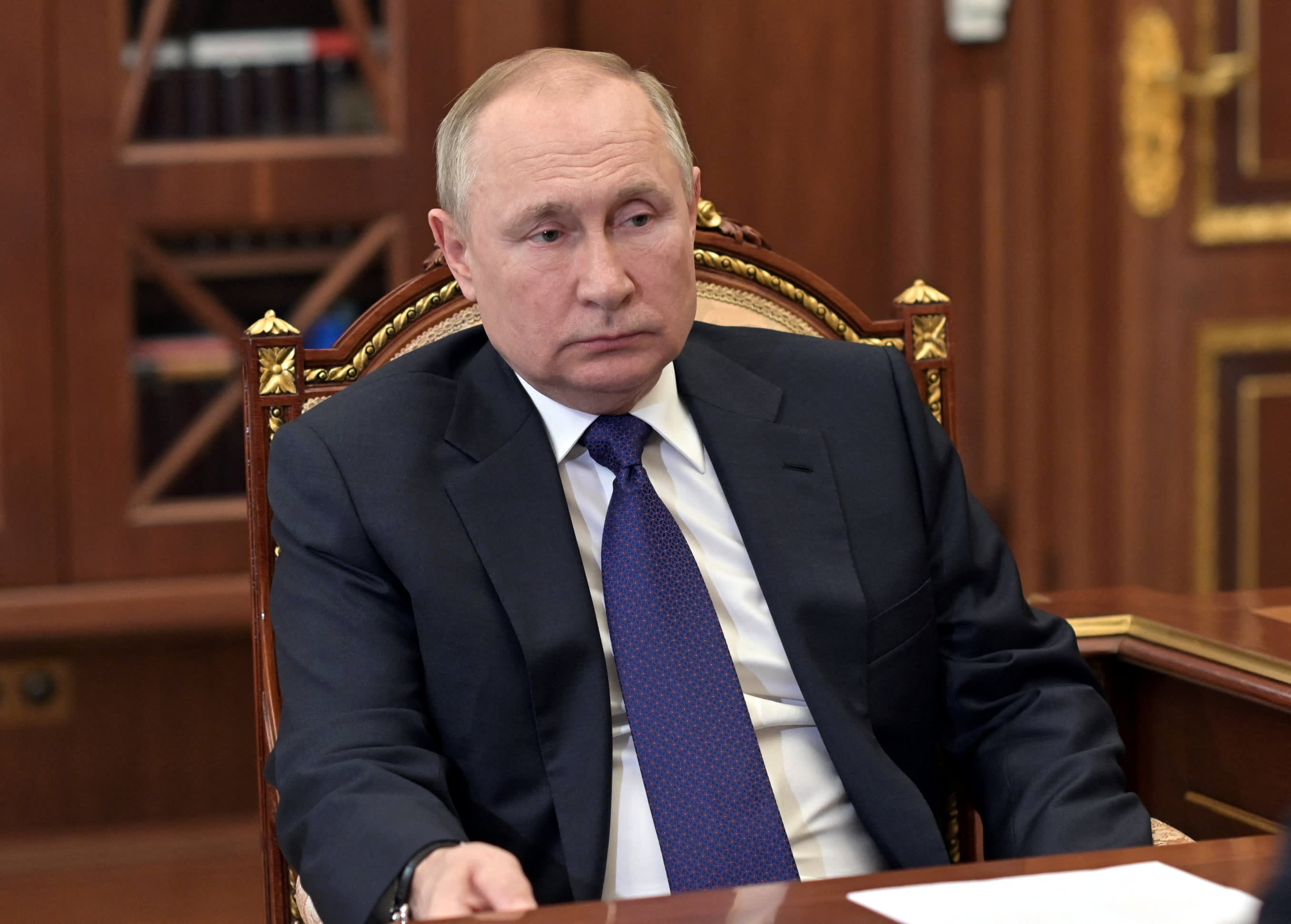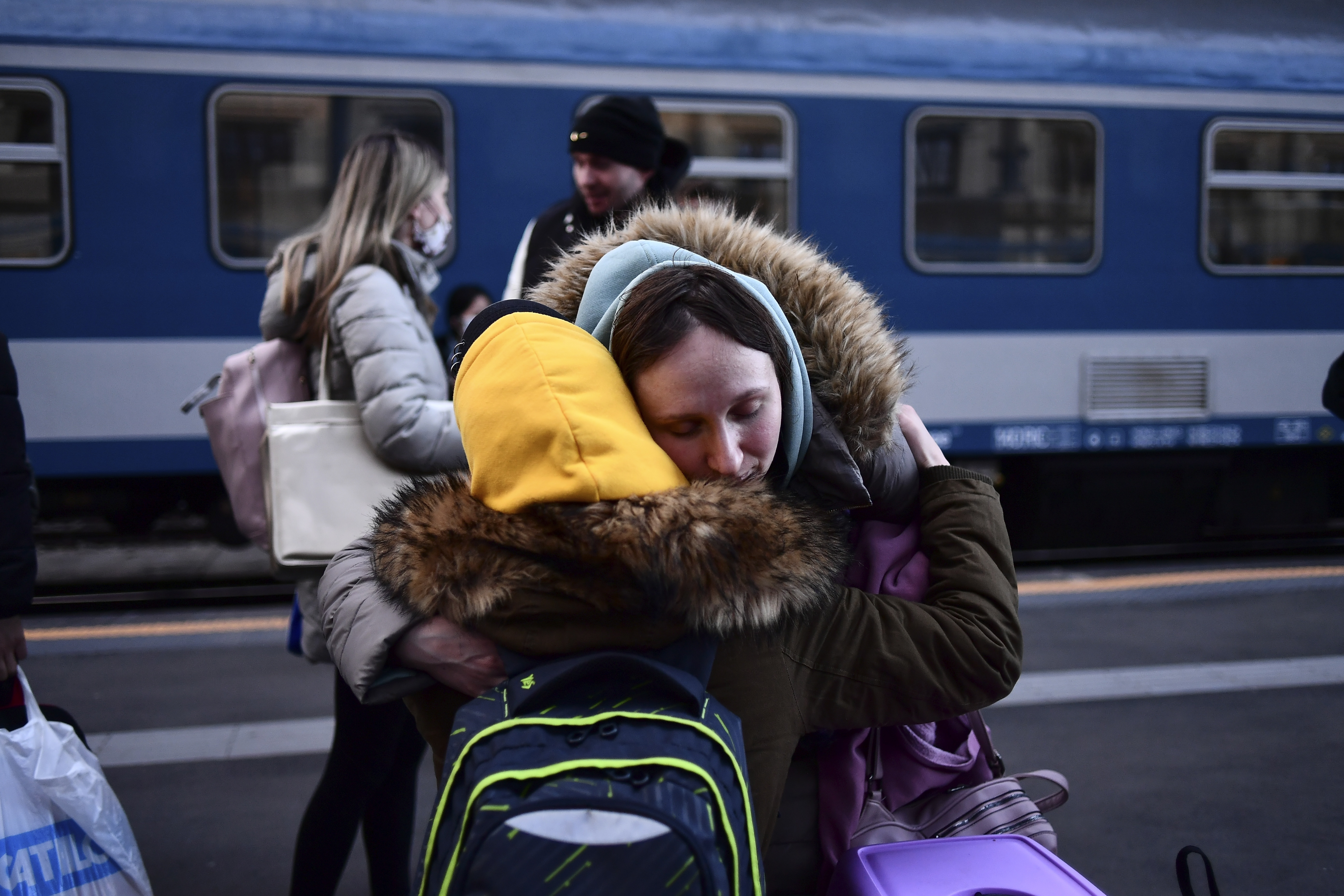Monday marked an emotional night at the Metropolitan Opera, as the cast of Don Carlos lined up on stage before opening night to sing the Ukrainian national anthem.
The audience stood in solidarity during the performance at Lincoln Center. The idea came from the opera company's general manager, Peter Gelb, earlier in the day.
"When I woke up this morning, I said why don't we do the Ukrainian national anthem?" Gelb said, adding that the company agreed that it was an important message to send.
Get Tri-state area news delivered to your inbox.> Sign up for NBC New York's News Headlines newsletter.
At center stage during the touching tribute was 24-year-old company member Vlad Buialskiy, whose entire family is still in Ukraine amid the fighting.
"I want to help my family and my country as much as I can, but I'm here in this hard moment because all my family, all my friends are there," he said.
Buialskiy shed a tear as he walked off stage.
"I was trying to not cry because it's so emotional," he said. "I told my mom and friends and they said its so wonderful and they are grateful to the Met."
The Met Opera also announced it would be severing ties with all performers and staff members who support Vladimir Putin — and won't be allowed back until the fighting stops and restitution is made.
"It doesn't impact our ability to put on productions in a significant way. The Met has a huge resource, it may affect some major singers," said Gelb.
Getting the company ready for the last-minute performance of the anthem was not easy, but they found the music and performers learned the lyrics in the morning — with help from Vlad on pronunciation just before they went on in the evening.
"It's just about, we are brave people, we have our freedom, our country — so don't touch us," said Buialskiy.
In some ways, a protest at the opera is more meaningful than many other kinds, given the importance it has in Russia.
"In Russia, it's a way of life. My counterpart in Bolshoi is appointed by Putin," said Gelb. "It's everything in Russia, so the fact that the Met is sending a signal like this I think has extra meaning to Russian people — if they ever get the message — and certainly to Ukrainians."
The Met hopes that other arts institutions in the U.S. and abroad will follow in their example, and use their platform to take a stand.
The Met Opera is among a growing number of groups and organizations taking actions against Russia, five days after the country invaded Ukraine.
The International Olympic Committee called for the country's athletes and officials to be excluded from international events. FIFA and UEFA suspended Russia's national teams from playing in soccer matches.
On social media, Twitter announced pans to reduce the visibility of Russian state-backed tweets. Facebook meanwhile banned state-owned media from running ads on its platform.



